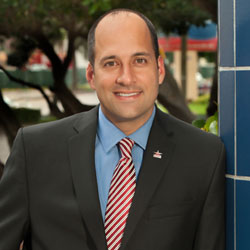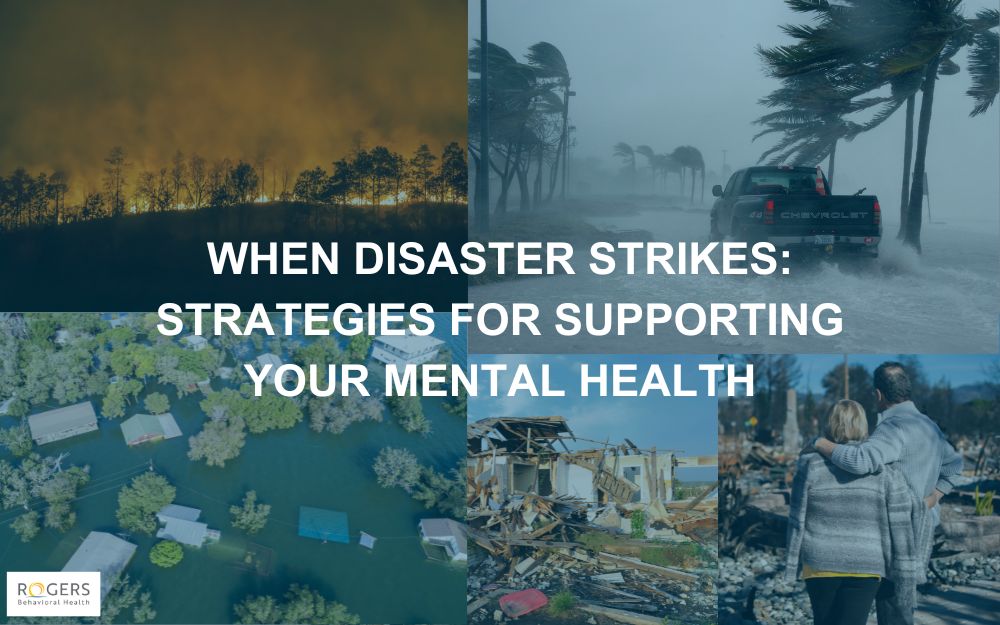Dr. Storch on Effective Components of Behavioral Therapy for OCD or Anxiety
Posted on 01/14/16 02:30:pm
This fall, Eric Storch, PhD, clinical director at Rogers Behavioral Health–Tampa Bay, along with other clinical and medical practitioners from Rogers, participated in the Association for Behavioral and Cognitive Therapies(link is external)’ (ABCT) 49th Annual Convention(link is external). Among the variety of symposiums, presentations and displays he attended, two symposiums in particular shared a message Dr. Storch feels very passionate about: that exposure therapy (ERP) is the best practice for treating obsessive-compulsive disorder (OCD) and anxiety.
ERP, a therapy technique that gradually exposes a patient to feared thoughts, images or impulses, has been shown to reduce anxiety and distress over time. At Rogers, ERP has been used as an active component of cognitive behavioral therapy (CBT) and our treatment outcomes have shown this method is effective for treating OCD and anxiety. Though some OCD and anxiety treatment providers use CBT without the ERP component, Rogers continues to use ERP as a part of CBT because of the method’s proven effectiveness.
Sessions on “New Measurement Targets and Tools in Pediatric Anxiety and OCD” and “Improving CBT for Childhood Anxiety Disorders Through a Focus on Mechanisms of Change” discussed the importance of exposure and response prevention as a core component of treatment for OCD and anxiety.
“It’s great that professionals in our field are always trying to find new techniques to achieve better results, but the current research in the field shows that exposure therapy is still the tried-and-true evidence-based approach and should continue to be the foundation of treatment,” says Dr. Storch.
“These are not easy cases. Sometimes providers use a ‘kitchen sink method’ and hope that one of the many techniques used will help their patient,” says Dr. Storch, “But it’s important that we continue to focus on what works best in the case of OCD and anxiety—that’s exposure therapy.”
Presenters at these symposiums also discussed techniques for tailoring treatment to each patient’s needs. “It’s important that behavioral health professionals learn how to adapt their treatment to the diverse group of patients they’re going to treat over their careers,” says Dr. Storch. “It isn’t effective to use a one-size-fits-all approach to OCD and anxiety treatment and that’s why we offer each patient an individualized treatment plan at Rogers.”
Dr. Storch also explains that national conventions, like ABCT, are a valuable opportunity for professionals to share knowledge with each other and add to the field’s development. “The conference is important because it disseminates information and makes the research and discussions more accessible to a greater number of people,” he says. “It helps build professional relationships and collaborations to further facilitate progress in behavioral healthcare treatment.”
Topics
Share this article:



